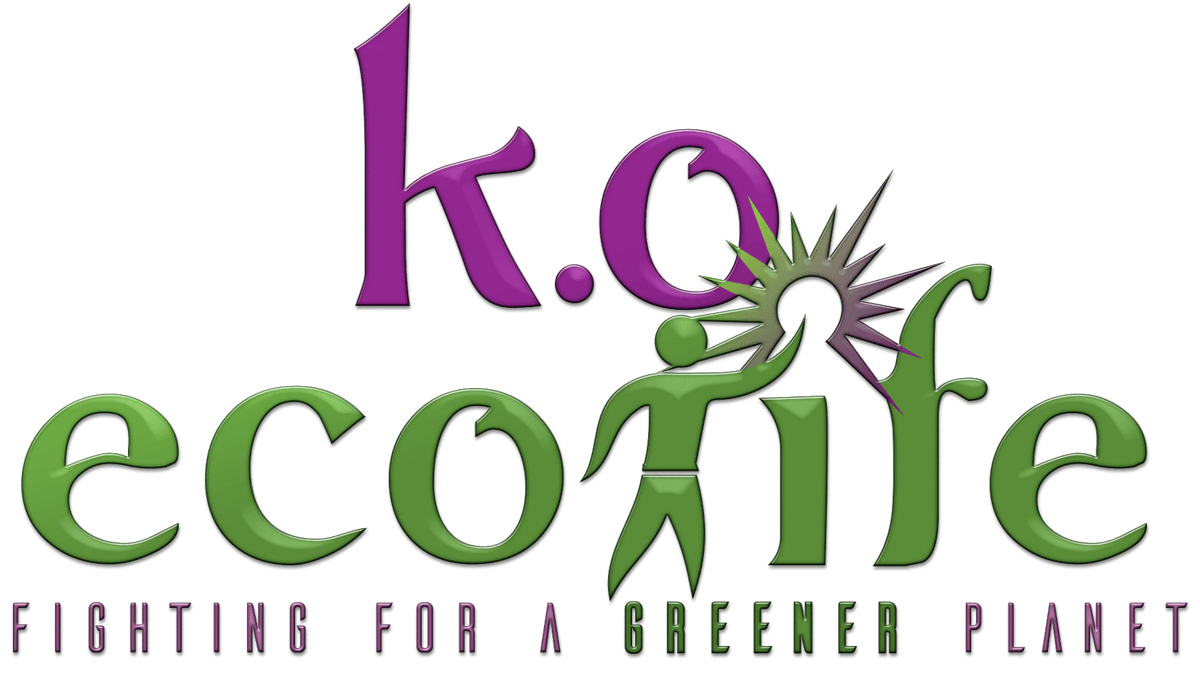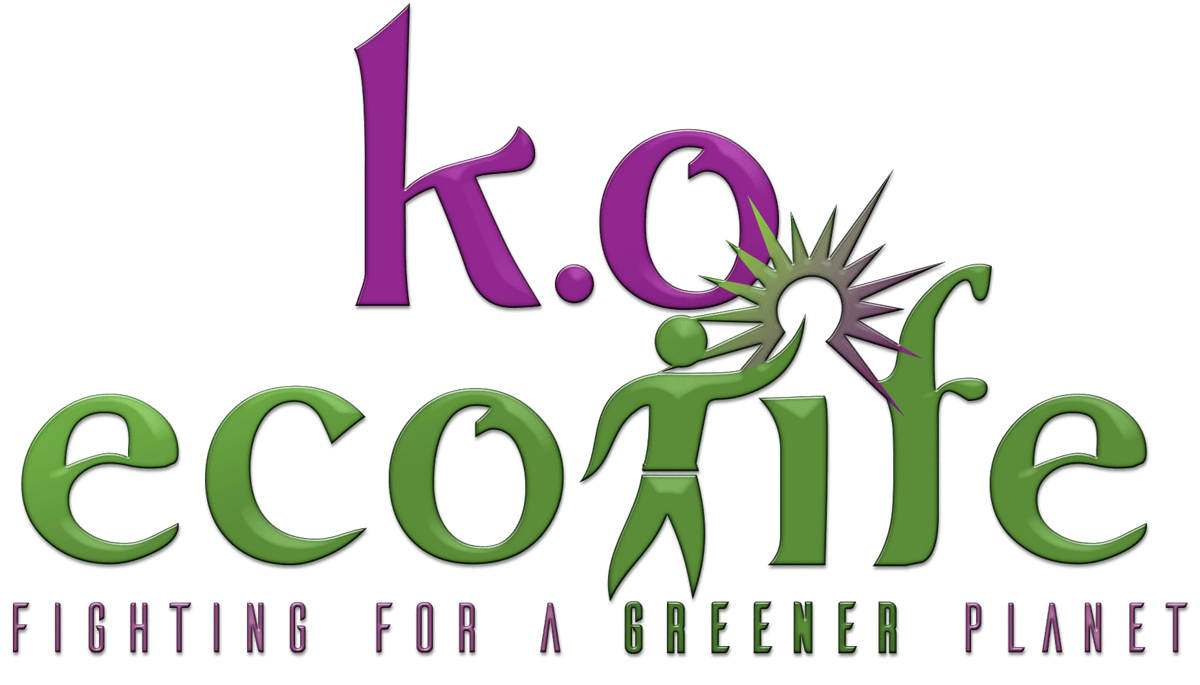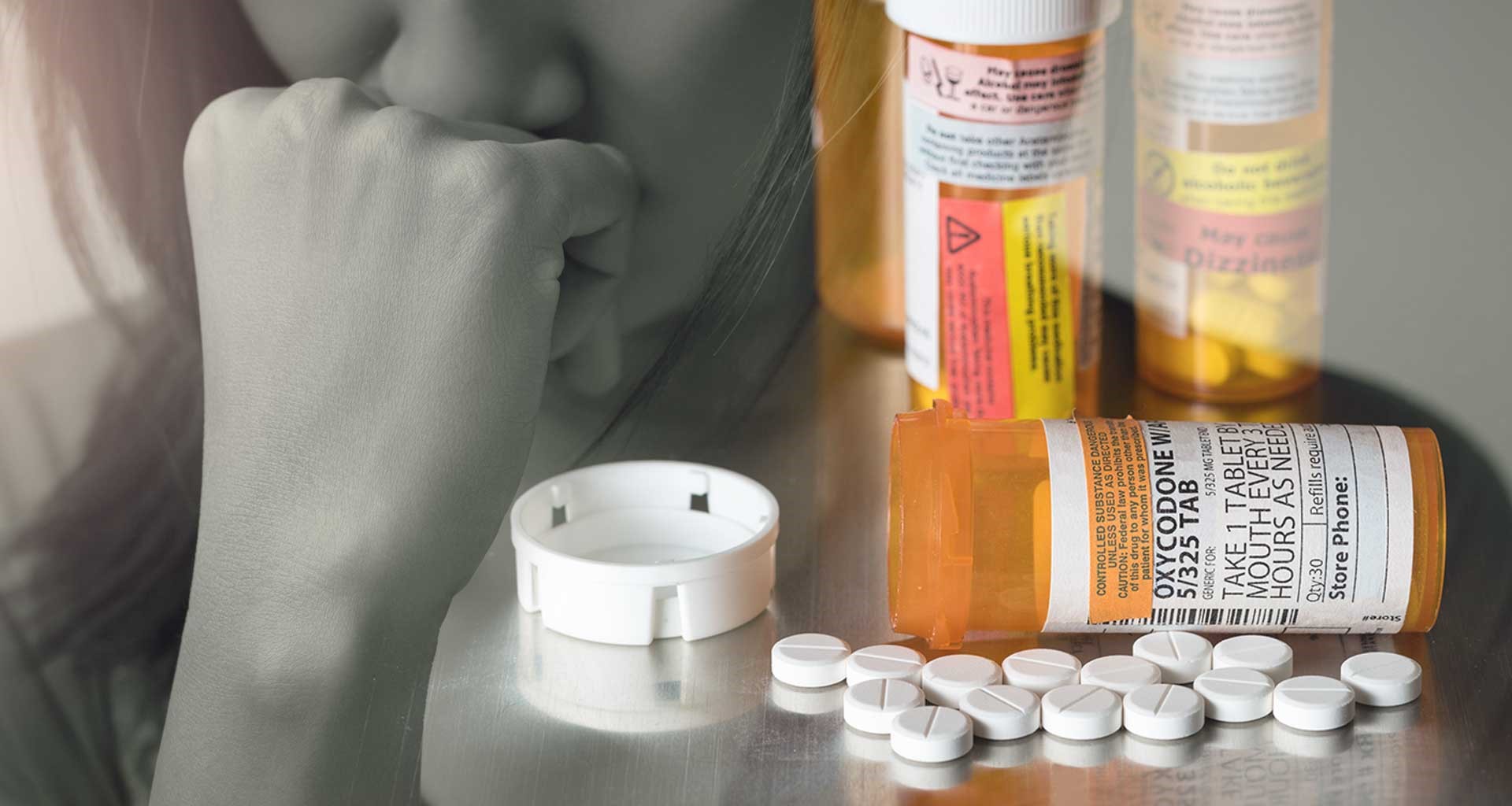Can prescription medications counter the effects of addiction to heroin or opioid pain pills? The age of Methadone and Buprenorphine is here and now.
PRESCRIPTION MEDICATIONS HISTORY
Buprenorphine
Buprenorphine one of the most popular opioid prescription medications that was patented in the mid 1960s. It was discovered by a home products company Reckitt and Coleman. As a result, Buprenorphine was thought at first to be an effective pain killer.
For unknown reasons, however, it took nearly 30 years before it’s use in the treatment of heroin addiction as a substitute drug. Many patients use this medication in the USA for the treatment of opioid addiction.
Naloxone
Naloxone invented by Jack Fishman working for a lab in NYC. He was looking for a medication that help people with constipation problems because of using opioid medications. As a result, in 1961, he applied for a patent with as business partner. He had no idea at the time that this medication would save many lives. It counters the effects of opioid overdose.
Finally, it was approved for use in the USA in 1971. People who overdose can be given a shot of Naloxone and they will recover. The patient would likely die without prescription medications. Many police and emergency personnel have this medication on hand to save lives. Even more, the families and loved ones can have this medication in the home in case a family member or loved one overdoses on opioids. It saves many lives.
Suboxone
Suboxone another common opioid prescription medications like buprenorphine with Naloxone added. It will not produce an euphoric effect. Even so, Suboxone is addictive but does not stay in the system nearly as long as methadone. It has fewer negative effects then other opioids.
However, as much as 50% is used for non -medical reasons. People abuse it by combining it with other substances like marijuana, alcohol, and Benzodiazepines.
Feeling
One has to remember that addicts are not craving a substance. Above all, they are craving a feeling. The feeling that the addict craves changes as circumstances change. Most of the time, the addict wants to feel normal but at times will want to feel euphoric. At other times they will want relief from the problems with life. Consequently, this fact that the addict is seeking a feeling rather then a substance is very important. The public must understand this if appropriate policies and treatment will be developed.
Personal Observations
For this post, I interviewed other experts in the field of addiction. Kathy Wenger who is an Intake Supervisor a Certified Advanced Alcohol and Drug Counselor, and Certified Counselor for Supervision at the Riverwood Center which is a Community Mental Health Clinic in Berrien Co MI.
She impresses me with her knowledge of the chemistry of medications used in treatment of addiction. Ms. Wenger has over 25 years of experience in this field. She is an expert regarding opioid prescription medications and their addictive effects. Similarly, I also went to Brighton Center for Recovery to talk to staff about these same issues.
Personal History
Decades ago, I went to treatment for alcoholism and was hospitalized at Brighten for 28 days. Many people consider this facility to be the premier facility in Michigan for the treatment of addiction. It is the oldest addiction treatment center in Michigan established in 1954. I wanted to get their input on MAT, Medically Assisted Treatment. I met with Steven Meerschaert, Manager of Clinical Services, Raymond Walter, Director, and Dr. Ismael David Yang MD and Chief Medical Officer. Dr. Yang is credentialed MD by ASAM, The American Society of Addictive Medicine.
The top staff at Brighton does not favor using Buprenorphine or Suboxone in treatment except in those rare cases where the patient have not abused other substances which is very rare. Kathy Wenger has a much more open attitude toward the use of Suboxone as the of first choice of opioid addiction.
However, Ms. Wenger did indicate some studies show that people who were on Suboxone fared no better with sobriety than those who were just on Vivitrol –a brand of Naloxone that is given intravenously.
It has no mood- altering components and is not abusable. Vivitrol is a medication that I am more comfortable with in treating the chemically dependent. On the other hand, I worry about what will happen when the patient gets off this medication. I think that patients should be in talk therapy for 3 months after stopping Vivitrol to avoid relapse. I worry that it could act much like the old medication Antabuse. Hence, take the medication away and addicts will start using again.
Recommendation to the Public
A few years ago, I attended a training session on pain issues. The presentation was sanctioned by the Michigan Chapter of the National association of Social workers.
At the training session was an experienced clinician and supervisor at a private mental health clinic for many years. He presented himself as a recovering alcoholic with many years of sobriety.
He shared that his wife had become addicted to opioid pain medication and indicated that she would kill herself if she didn’t get opioid pain meds. As a result, the presenter believes that his wife was going to commit suicide without help with opioid pain pills. The presenter said that this very personal situation forced him to look at pain medication more openly.
Therefore, it is important to consider the need for prescription medications if the patient appears to be suicidal.
Opioid: Not Healthy for Chronic Pain
There is no question that opioid prescription medication should not be the first choice for treating pain. There are many other options. In other countries, opioid medication is less frequently in use. For example, in Germany, they use opioid medication in the hospital but do not send home patients with an opioid prescription.
Person Centered Treatment
My recommendation for the general public is that using opioid medication should be avoided in the treatment of addiction. For this reason , history seems to show that people can develop an addiction to the new substance.
Priority of Talk Therapy
All the information indicates that medically assisted treatment should be accompanied with talk therapy, group and individual. However, when addicts are on prescription medication for their addiction this becomes the focal point in treatment. As a result, talk therapy becomes secondary which is counter to recovery.
Consequently, I am much more comfortable with patients getting the medication Vivitrol since it has no mood- altering components that I am aware of. Yet even here, I worry about what will happen when the patient get off this medication. Therefore, I believe that these patients should be in talk-therapy for three months after getting off this medication to avoid relapse.
I think that people who treat an addict need to look at each case individually. Medication for pain may be in order for some cases for addicts. Furthermore, I think the cases will be unusual rather than the rule for using mood-altering medication for the addicted. Certainly, what is very much needed is for physicians and nurses to be more educated into the nature and process of addiction.
Conclusion
The general public needs to understand that an addicted person is not craving a substance. Above all, they crave a feeling that comes with using that substance. Using prescription medications to block the effect of a substance will likely cause the patient to look for other ways of achieving the desired feeling which can continue the addiction by other means.
The next post will move away from MAT, Medically Assisted Treatment. I have received requests for help in choosing and getting treatment. I will start providing this information in the next few posts.
QUESTIONS
Do you have a specific question related to addiction and recovery? Please send your comments and questions to eaglekenj@gmail.com and I will cover it in a future blog post. Also, stay tuned for details regarding my online program, “Addiction, Recovery, Wellness.”
Kenneth J. Orlich, LMSW, LMFT, CAADC, ACSW is a clinical social worker, family and marriage therapist, and addiction specialist with over 35 years of experience working as a clinician with the addicted.
_________________________________________________________________________________________________
CONNECT WITH US —
Please like/follow us on social media links below to support a Made in USA, healthy-lifestyle company that is ‘Fighting for a Greener Planet’ to make a difference! Thanks friends!!
Sign up here at www.koecolife.com and receive valuable coupons, tips, & product updates. And, follow us @koecolife for our latest news and events too. Go YOU!
ABOUT US
K.O. “knock-out” ecolife promotes healthy living with a gut-wrenching desire to make a difference! We’re ‘Fighting for a Greener Planet’ with the eco-friendly products we develop, information we share on health, fitness, and wellness, and Giving Back mission.








